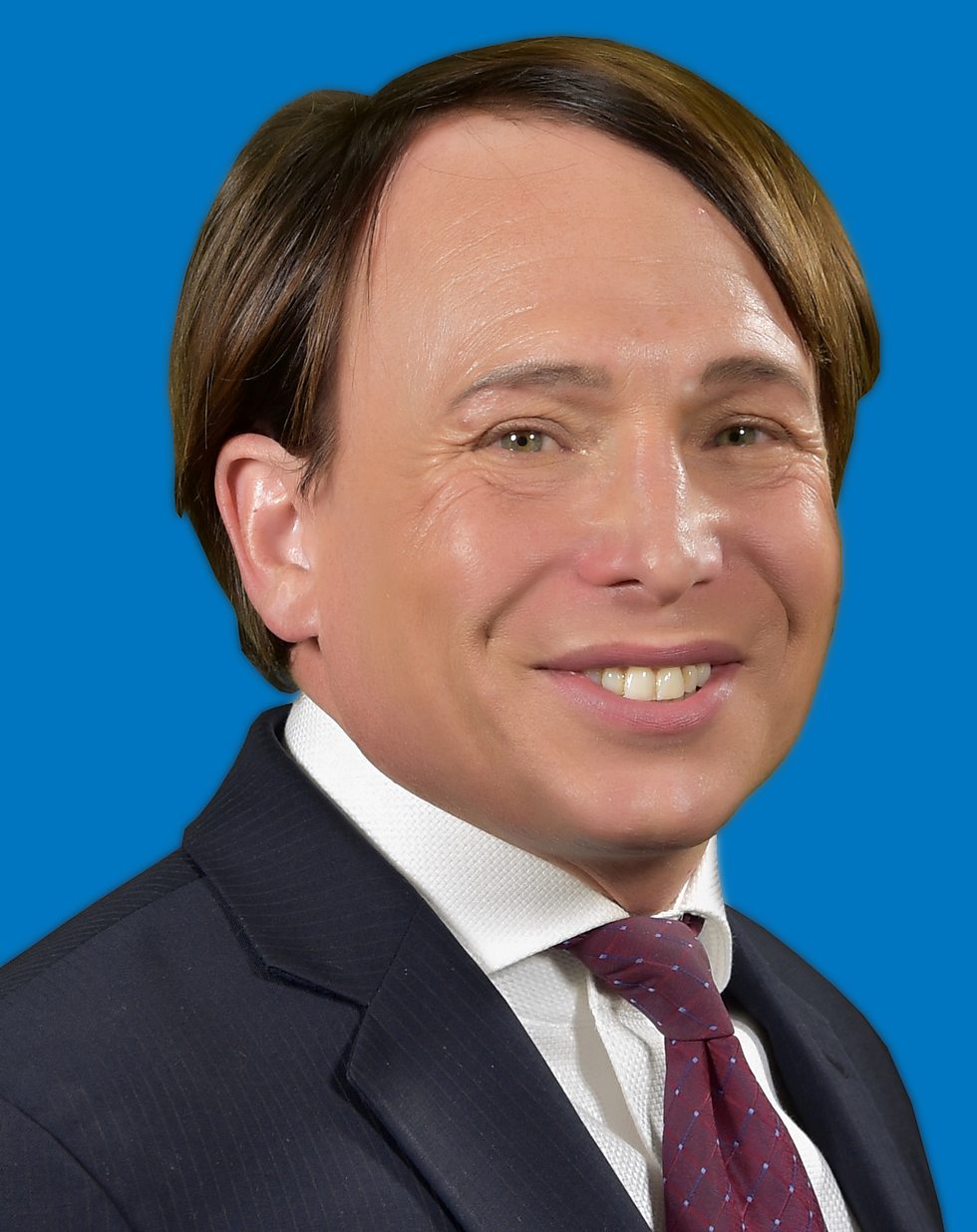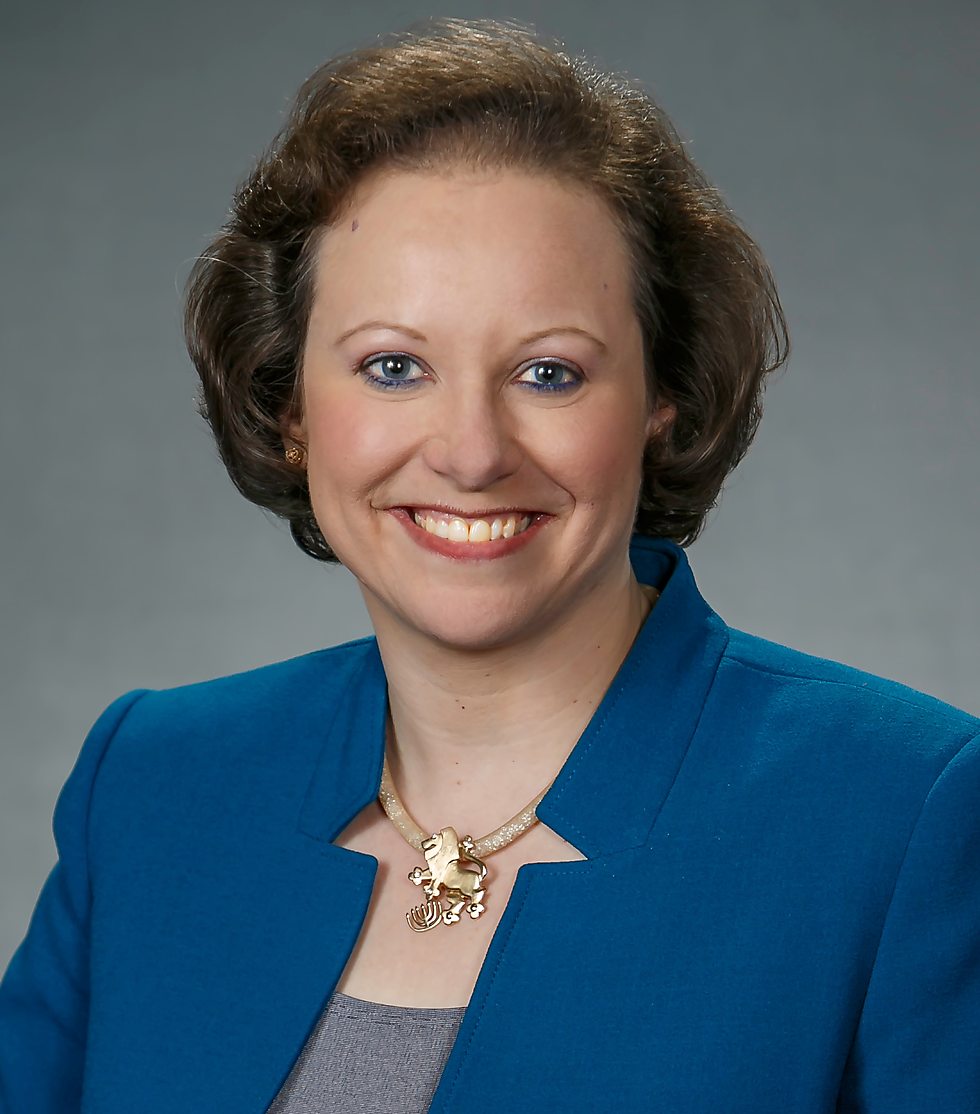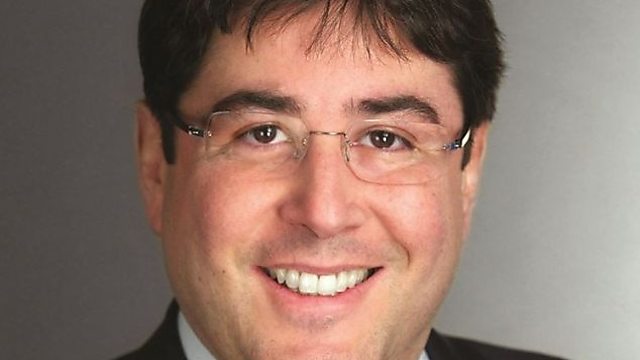On this backdrop, the Jewish Federations of North America (UJA) held their annual General Assembly meeting in Tel Aviv last month under the title "We Need to Talk." This title says more about the crisis and the need to resolve it than a 1,000 testimonies.
"Israel is a holy homeland to all Jews," declared Eric Goldstein, the CEO of the Jewish Federation of New York, in an interview with Ynet. "I think any declaration or policy that erodes this statement hurts the ties between American Jews and Israel."
Jay Sanderson, the president and CEO of the Jewish Federation of Los Angeles, takes a more conciliatory tone. "The ties between Israel and the Diaspora are not based on one case, a specific declaration or a certain decision. It is the mission of all of us to work hard to create the strongest bond between the two," he said.
Shep Englander, the CEO of the Jewish Federation of Cincinnati, didn't hesitate to give voice to what many are thinking: "Most of American Jews still have strong feelings towards Israel, but many also feel they are less wanted and less respected."Englander cautioned against Israel investing only in its ties with the Orthodox Jewish communities in the Diaspora and not with the Reform or Conservative movements. "Outside Israel, the Orthodox communities make up only 10 percent. So ignoring the other communities means canceling the ties with 90 percent of Diaspora Jews, meaning half of the entire Jewish people," he said.
Sanderson agreed. "We must not label or judge any Jew, wherever he may be. We need strong and varied communities—both in the US and in Israel," he said.
Naomi Adler, the president and CEO of the Jewish Federation of Philadelphia, said the ramifications of the crisis between the Diaspora and Israel are felt on the ground. "Philadelphia is a very pro-Israeli community, regardless of the political leanings of each of the members. But when a minister in the (Israeli) government or a member of Knesset says something against the way we pray and express our Judaism, it emphasizes the fact they think we're not their equals. It causes pain, confusion and distress for many Jews in our area," she explained. Goldstein asserted that "such statements indicate a lack of understanding about the state of the Jewish communities in the US today, and the importance of other denominations of Judaism. It indicates a need for more meetings and a stronger bond between Israelis and the communities in the US."Most of the heads of the Federations represent the older generation of American Jews, who were raised with the image of Israel as the tiny and fragile country that rose out of the ashes of the Holocaust. One of the real challenges in Israel-Diaspora relations is preserving the ties with the younger generation of American Jews, those who know Israel as a strong and independent nation that perhaps doesn't need as much support from the Diaspora.
Englander claimed the Taglit-Birthright project has brought a record number of young American Jews to visit Israel, but the ones who only learn about the Jewish state via the media or on college campuses are not as inclined to show solidarity with it.
Goldstein, meanwhile, sees an interesting opportunity in the younger generation. "I think young people connect to Israel in other ways, and that is a good thing. The younger generation needs to find its own personal bond to Israel," he said. "The challenge is to find ways to get them involved in the future of the state, even if they don't agree (with the Israeli government) on all issues."
Sanderson says that if Israel is concerned about its connection with the younger generation, the state must be part of the solution: "We need more visits by young Americans in Israel—and also visits by Israelis in the United States. We make sure to send young Americans to Israel through programs like Taglit-Birthright Israel, Masa Israel Journey and others. This is a big part of the solution.
According to Adler, they discovered that "if we present quality interactions with Israel, these young adults show enthusiasm about the journey and feel a strong connection to the country. Some delegations return from Israel full of passion about their journey."
What about maintaining the relationship? At this point everyone is optimistic, but they have a sharp message to deliver: "For years we taught the community in New York about Israel and the Israelis," Goldstein says. "The time has come for Israel to do her part. Israelis must be exposed to the diversity of Judaism and the possibility of establishing, from an early age, meaningful ties with Diaspora Jews."
Sanderson agrees that this is the answer: "Just as Diaspora Jews come to experience Israel, Israelis need to experience Diaspora Jewry, not just by visiting tourist sites, but by getting to know the customs and experiences of American Jews."
"Visit us, stay with Jewish families and experience as many Judaism types as possible in various communities. We will listen more to each other, we will call and visit," said Englander.
"Just come back with Jewish leaders from around the world, and you'll see how strongly connected they are to Israel," Adler concluded.
American Jews 'love Israel, but feel less welcome' : https://ift.tt/2qzF6LM





No comments:
Post a Comment